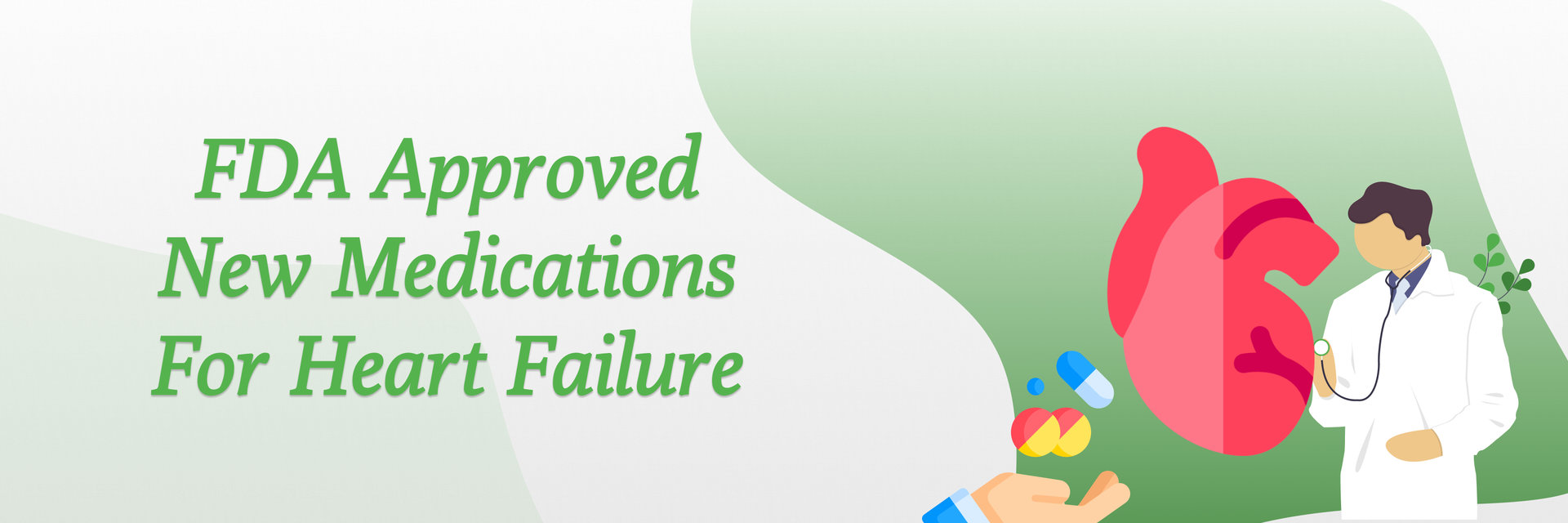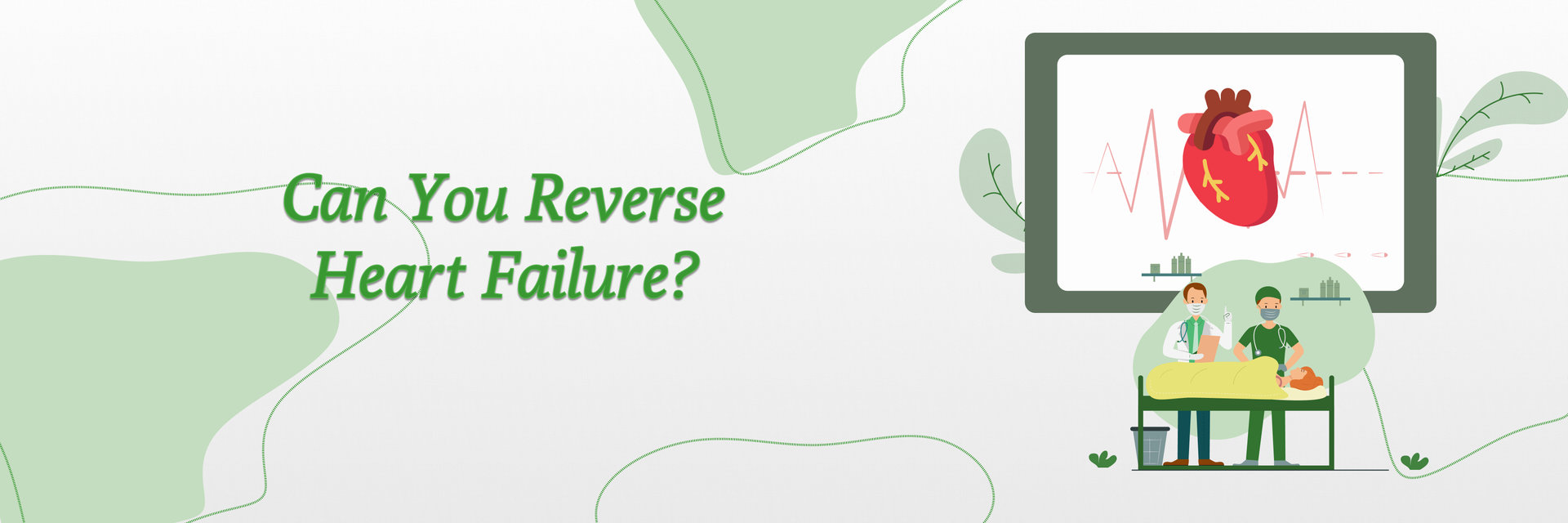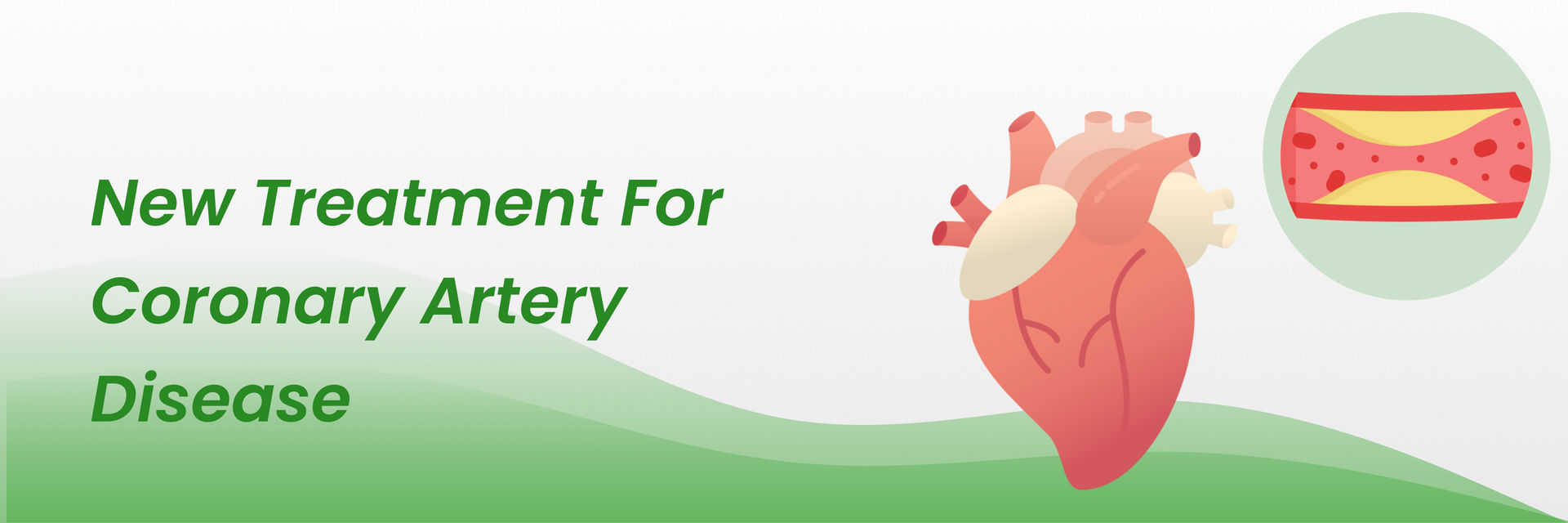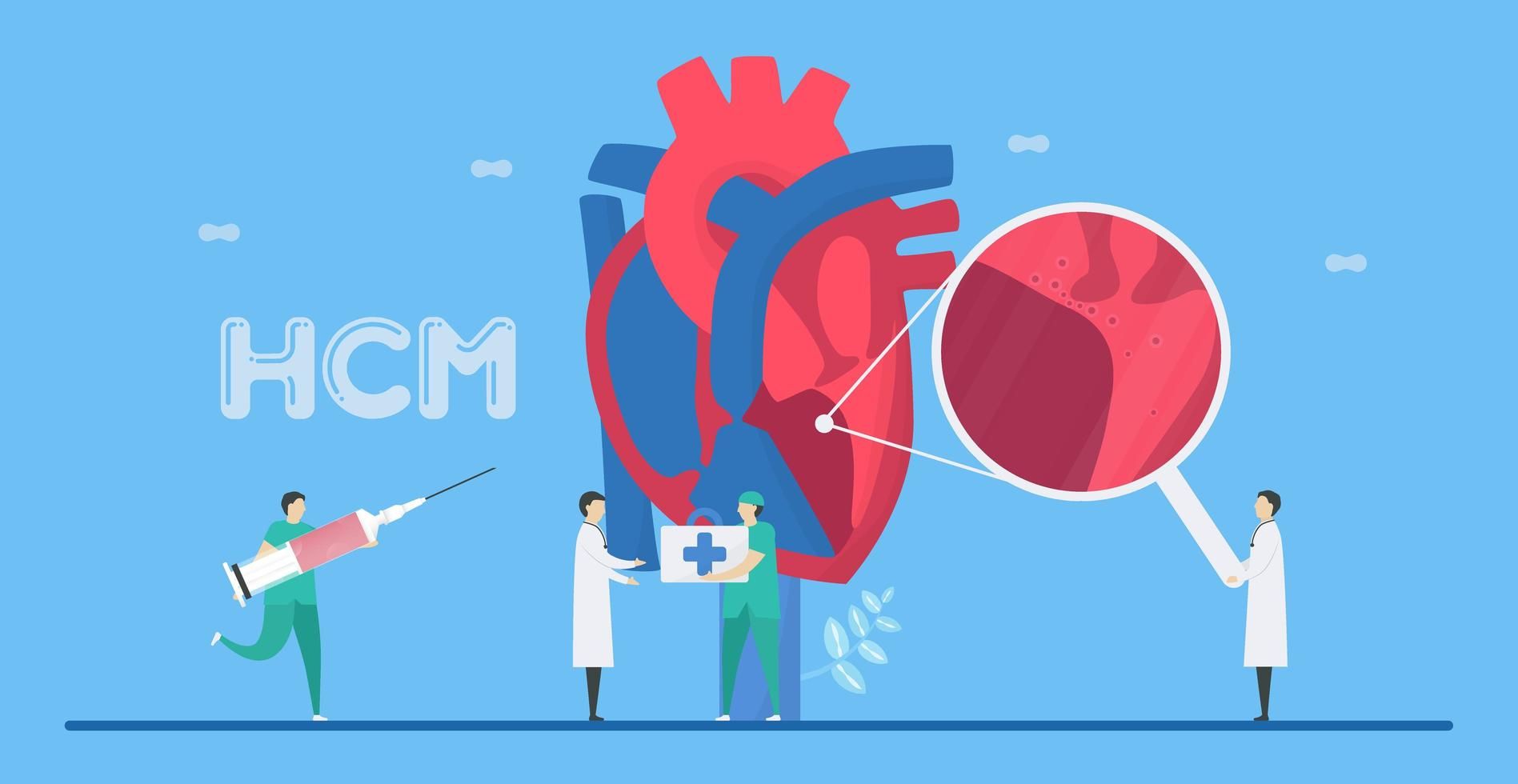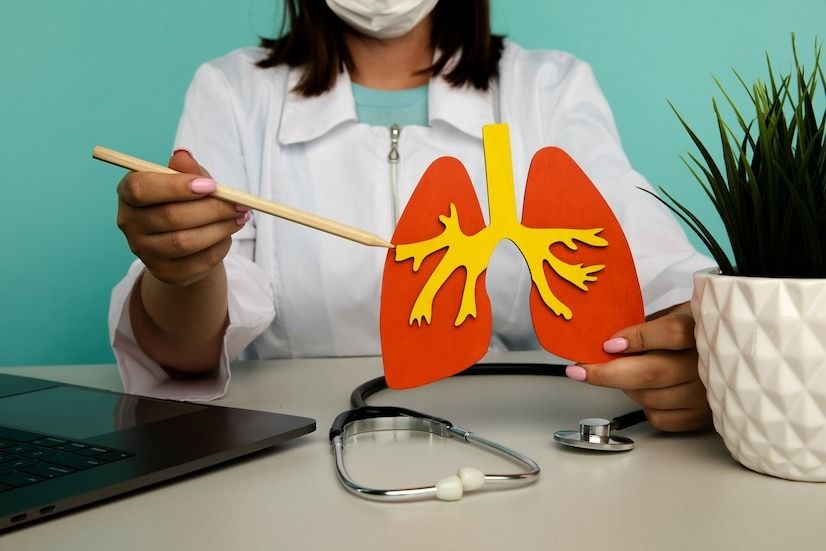Did you know that 1 in 2 people with heart problems also find it hard to sleep?
In this article, we'll show you how sleep and heart health are connected and give you easy tips to sleep better.
Want to help your heart and enjoy better sleep?
Let's start the journey to peaceful nights.
How are heart failure and insomnia interconnected?
When someone has heart failure, they often face trouble sleeping, too. Imagine your heart working overtime to pump correctly. But when it struggles, it could cause you to have too much fluid in your body. This might make you need to go to the bathroom often at night or wake up short of breath. Also, worrying about your heart can make your mind race instead of rest.
Good sleep is crucial.
It's when your body fixes itself and gets energy for the next day. If you don't sleep well, your blood pressure can rise, and you might feel more stressed, which isn't good for your heart. That's why sleeping well is part of taking care of your heart. They work together.
Ready to take care of your sleep and your heart? We've got simple advice to help you sleep soundly and make your heart strong. Good sleep is a big step towards a healthy heart, so let's start today.
How Common is Insomnia Among Individuals with Heart Failure?
Heart failure patients often struggle with sleep issues, affecting around 50% of them.
This is a significant issue because sleep is essential, especially for your heart. Stress and worry from heart issues can make a peaceful night's sleep seem like a dream.
Let's break it down:
- The Connection: Feeling out of breath and waking up a lot at night can be signs of both heart failure and sleep problems. It's like a cycle where one issue makes the other worse.
- Common Issue: More than half of heart failure patients have trouble sleeping. That's a lot of people who need to put sleep first.
- Life Impact: Bad sleep does more than make you tired—it can lower your mood and make taking care of your heart harder.
- Two-Way Street: Heart trouble can mess up your sleep, and insufficient sleep can stress your heart even more. They affect each other.
- Complex Solutions: Solving sleep problems when you have heart issues isn't simple. It's important to find the right balance because some sleep medicines might not work well with heart treatments.
- Ongoing Research: Doctors are always learning more about how sleep and heart health are linked. Better understanding means better care.
- Talk About It: If you have heart failure, tell your doctor if you sleep poorly. Making a plan to improve sleep can help manage your heart health, too.
Your heart's rest is crucial—dive into the insomnia-heart failure connection by scheduling your exploration now.
Remember, sleep isn't just a break—it's a key part of caring for your heart. Understanding how heart failure and sleep problems are connected is an important step to better health and more restful nights.
Talk to your doctor about your sleep, and make that move towards a healthier life!
Ever wondered how a restless night could impact your heart? Let's dive into the surprising ways insomnia can affect heart failure.
How Can Insomnia Affect Heart Failure?
Insomnia can have a significant impact on heart failure in several ways:
- Trouble Sleeping Affects Your Heart: Not getting enough sleep can make your heart work too hard. This can raise your blood pressure and make your heart beat faster, which is not good if you already have heart issues.
- Sleep and Stress Hormones: When you don’t sleep well, your body makes more stress hormones, like cortisol. Too much cortisol can harm your heart.
- Inflammation and Your Heart: Lack of sleep can lead to inflammation in your body, which can make heart problems worse.
- Blood Vessel Health: Good sleep helps keep the inside of your blood vessels healthy. If you have insomnia, these can start to work poorly, which can lead to heart problems.
- Weight and Sugar Control: Not sleeping enough can lead to weight gain and higher blood sugar, increasing the risk of heart failure.
- Healing While You Sleep: Your heart heals and strengthens when you sleep. If you don't get enough sleep, your heart can't heal either.
- Staying Active: Feeling tired from not sleeping can make it harder to stay active, but being active is important for a healthy heart.
- Taking Your Medicine Right: If you're exhausted, you might forget to take your heart medicine as you should.
- Feeling Good Mentally: Not sleeping can make you feel down or anxious, making it harder to take care of your heart.
- Keeping Your Heartbeat Steady: Poor sleep can lead to an uneven heartbeat, which can be risky if you have heart failure.
It’s really important to take care of your sleep to help your heart stay strong. If sleeping is hard for you, talking to a doctor can help you find ways to sleep better and protect your heart.
Let's dive into the typical symptoms that patients might experience when dealing with both heart failure and insomnia, shall we? Here's what we often see.
What Are The Common Symptoms Observed In Patients Suffering From Both Conditions?
Patients with both heart failure and insomnia might show these symptoms:
- Trouble Getting to Sleep: It can be hard to fall asleep, often due to the stress or discomfort from heart failure.
- Waking Up Often at Night: This could happen because of heart failure symptoms like shortness of breath or insomnia.
- Waking Up Too Early: Insomnia might make patients wake up before they've slept enough, and heart failure can make this worse.
- Feeling Like Sleep Wasn’t Restful: Patients might feel like they didn’t get good sleep, which can affect how they manage their heart failure because they're not well-rested.
- Feeling Very Tired During the Day: Both heart failure and insomnia can make people feel very tired, which makes it hard to do everyday things.
- Shortness of Breath: This is a heart failure symptom that can feel worse at night or when lying down, and it can be more distressing if you also have insomnia.
- Sudden Breathlessness at Night: This is when patients suddenly feel they can’t breathe well at night, mainly due to heart failure.
- Less Able to Exercise: Heart failure and not sleeping well can make it hard to stay active.
- Problems with Thinking or Remembering: Not sleeping enough can make it hard to think clearly, which is especially a problem for heart failure patients.
- Changes in Mood: Not sleeping well and dealing with heart failure can make someone feel irritable, anxious, or sad.
- Swelling in Legs or Ankles: Heart failure can cause swelling because of extra fluid, making sleeping uncomfortable.
- Chest Pain: Sometimes heart failure can cause pain or discomfort in the chest, and worrying about this can worsen insomnia.
- Needing to Pee a Lot at Night: Heart failure can make people need to use the bathroom often, breaking their sleep.
These symptoms show how closely linked heart failure and insomnia are and why it's important to treat both together.
Unveil the common symptoms in dual battles of insomnia and heart failure.
If you have experienced any such symptoms, take charge of your well-being and your tranquillity. Reach out to us today!
So, what's the takeaway from all this?
These symptoms can be challenging, emphasizing the importance of a comprehensive treatment plan. It's not just about tackling one symptom; it's about looking at the whole picture to improve overall health and well-being.
Are you ready to uncover the hidden risks of insomnia for heart failure patients? It's a journey worth taking because the stakes are high, and knowledge is power.
What Are the Risks Associated with Insomnia in Heart Failure Patients?
Let's take a closer look:
- Heart Works Harder: Sleepless nights can force an already struggling heart to do extra work.
- Unfortunately, poor sleep can increase the mortality risk for heart patients.
- Feeling Worse Daily: Lack of sleep can diminish daily well-being and increase feelings of depression.
- Heart Symptoms Get Worse: Sleep deprivation exacerbates fatigue and reduces activity levels, further impairing cardiac function.
- More Hospital Visits: Those who toss and turn at night may find themselves more often in the hospital.
- Getting Sick More Often: A compromised immune system from lack of sleep can lead to more infections.
- Trouble Thinking: Insomnia can cloud the mind, making health management more challenging.
- Feeling Anxious or Sad: Sleep issues often contribute to increased anxiety and depression.
- Weight and Sugar Problems: Disrupted sleep patterns can lead to weight gain and higher blood sugar levels.
- Heartbeat Issues: Irregular heart rhythms can emerge from poor sleep, posing additional risks for heart patients.
- Not Following Doctor's Orders: Exhaustion from insomnia can result in poor adherence to medical advice and treatment plans.
As we wrap up this insightful exploration, it’s clear that insomnia is not just a nighttime issue for heart failure patients—it's a 24/7 concern. Addressing sleep problems is not just about getting through the night; it's about safeguarding the heart.
How Can Management of Insomnia Benefit Heart Failure Patients?
Managing insomnia can help someone with heart failure. Here's why it's good:
- Heart Health: Good sleep makes the heart's job easier and keeps blood pressure and heart rate more stable.
- Feeling Better: Sleeping well means you feel more refreshed and happier.
- Energy: More sleep means more energy to stay active and exercise, which is good for the heart.
- Immunity: Sleep helps the immune system, which keeps you from getting sick.
- Thinking: When you sleep better, your brain works better, so you can manage your health care better.
- Mood: Good sleep can make you less anxious or depressed.
- Weight and Diabetes: Sleeping well helps control weight and diabetes, which is good for the heart.
- Inflammation: Sleep helps reduce body inflammation, which can make heart failure worse.
- Heart Rhythm: Good sleep helps keep your heartbeat regular.
Doctors can help with insomnia by:
- Therapy: Things like Cognitive Behavioral Therapy can change how you think about sleep and improve it.
- Medications: Sometimes, they give medicines to help with sleep, but it shouldn't disturb other heart treatments.
- Treating Breathing Problems: Fixing issues like sleep apnea can make sleep and heart health better.
- Reducing Stress: Learning ways to relax can help you sleep better and help your heart.
Discover how managing insomnia can be a lifeline for heart failure patients. Take the inaugural step towards recuperation. Connect with us for your tailored treatment.
So, sleeping well is a big part of staying healthy after heart failure.
Curious about solutions for sleepless nights and heart health? Discover the treatment options available for both insomnia and heart failure.
What Treatment Options Are Available for Insomnia and Heart Failure?
According to studies, Insomnia is common in heart failure patients, affecting about 10-15% of people. Around 30-40% of adults face insomnia symptoms yearly. This issue worsens heart failure, especially in older individuals, leading to more hospital visits. The worse the insomnia, the higher the risk of heart failure. Managing both conditions effectively requires a coordinated approach to treatment.
Below are some strategies and treatments available for individuals facing both insomnia and heart failure.
For Sleep Problems:
- Talk Therapy for Sleep (CBT-I): This is a special therapy that helps you change the way you think about sleep and teaches you good sleep habits.
- Good Sleep Habits: Try to sleep and wake up at the same time every day, make sure your bedroom is dark and cool, and don't drink coffee or do things that excite you before bed.
- Careful with Sleep Medicine: Sometimes doctors give medicine to help you sleep, but they need to ensure it doesn't cause problems with your heart medicine.
- Relaxing Before Bed: Doing things to relax your body, like deep breathing or imagining peaceful things, can help you fall asleep.
- Trying Natural Remedies: Some people use things like acupuncture or natural herbs to help with sleep, but it's important to talk to your doctor before trying these to ensure they are safe for your heart.
For Heart Problems:
- Healthy Habits: Eating healthy, staying active in ways that are safe for you, not smoking, and keeping a good weight are all important.
- Heart Medicine: There are lots of different medicines that help your heart work better and keep your condition from getting worse.
- Heart Devices: Sometimes, doctors might suggest a device like a pacemaker to help your heart beat right.
- Taking Care of Other Health Problems: It's also important to take care of any other health issues you have like high blood pressure or diabetes, because this can help your heart and your sleep.
- Extensive Treatments: For serious heart problems, sometimes surgeries or even a heart transplant might be needed.
When You Have Both Problems:
- Plan Care Together: Your doctors will work with you to make a plan that takes care of both your sleep and heart problems.
- Check All Your Medicines: It's important to look at all the medicines you're taking to make sure they work well together and don't cause more problems.
- Regular Doctor Visits: Going to see your doctor often helps keep track of how you're doing and can change your treatments if needed.
- Team Work: You, your heart doctor, a sleep expert, and any other doctors you see should all work together to help you feel better.
Always talk to your doctors about what's best for you because they know your health the best and can help you find the right treatments.
Thinking about how to get better sleep with heart trouble? Here's what you can do to improve rest while managing heart failure.
Explore treatment options for insomnia and heart failure. Your well-being is our priority - call us to book your appointment today.
What can be done to improve sleep while managing heart failure?
To sleep better while you're also dealing with heart failure, it's important to look at both your body's health and your feelings or thoughts that affect sleep.
Here are some ways to do that:
Changes in Medicine:
- Check Your Medicines: Talk with your doctor about the medicines you take to make sure they don't make your sleep worse. Sometimes, changing the dose or the time you take them can help.
- Control Heart Symptoms: If you take the right amount of heart medicine, it can help you sleep by reducing problems like being out of breath or coughing at night.
- Treat Sleep Apnea: A lot of people with heart failure also have sleep apnea, where you stop breathing for short times while you sleep. Using a CPAP machine at night can make a big difference in how well you sleep.
Changing Your Lifestyle:
- Keep a Sleep Schedule: Going to bed and waking up at the same time daily helps your body know when it's time to sleep.
- Make Your Bedroom Better for Sleeping: Your bedroom should be relaxed, dark, and quiet. Things like curtains that block light that help you relax or a comfy bed can greatly help.
- Be Careful with What You Eat and Drink: Don't drink water too much before bed, so you don't have to get up at night. Also, avoid caffeine and don't eat big meals late in the day.
- Stay Active: Doing safe exercises during the day can make you tired and help you sleep, but don't exercise too close to bedtime.
Extra Help:
- Learn About Good Sleep Habits: Knowing what helps with good sleep and doing those things can improve your sleep.
- Get Emotional Support: If you're feeling sad or anxious, getting help from a professional can help you feel better and sleep better.
- Keep Checking In With Your Doctor: Regularly talk to your doctor to see if your plan for your heart and sleep needs to be changed.
If you have heart failure, it's important to work with your doctors, like your heart doctor, family doctor, and sleep expert, to make a plan that's just for you to help both your heart and your sleep.
Take control of your sleep and heart health now! Try these simple tips and talk to your doctor for a personalized plan. Better sleep can lead to a happier, healthier heart. Start your journey to restful nights today!
FAQs
What role does diet play in managing insomnia for heart failure patients?
A heart-healthy diet low in sodium and caffeine can improve overall heart function and may help alleviate insomnia symptoms.
Can relaxation techniques improve sleep for those with heart failure?
Yes, practices like meditation, deep breathing, and progressive muscle relaxation can help ease insomnia in heart failure patients.
Are napping habits important for heart failure patients with insomnia?
Heart failure patients should limit long or late-day naps to avoid disrupting their nighttime sleep routine.
How does alcohol consumption affect sleep in patients with heart failure? Alcohol can interfere with sleep patterns and should be avoided, particularly as it may also negatively impact heart failure.
Can heart failure medications impact sleep quality?
Some heart medications might contribute to insomnia; discussing these side effects with a doctor is important for proper management.
Is it common for heart failure patients to experience sleep anxiety?
Anxiety about health can be common in heart failure patients and may lead to sleep disturbances, which professional support can help address.
How does the sleep environment affect insomnia in heart failure patients?
A comfortable, quiet, and dark sleep environment can help minimize insomnia for those with heart failure.
Is melatonin safe for heart failure patients with insomnia?
Melatonin should be used cautiously and under medical supervision in heart failure patients, as its safety profile is not well established in this group.
Reference


